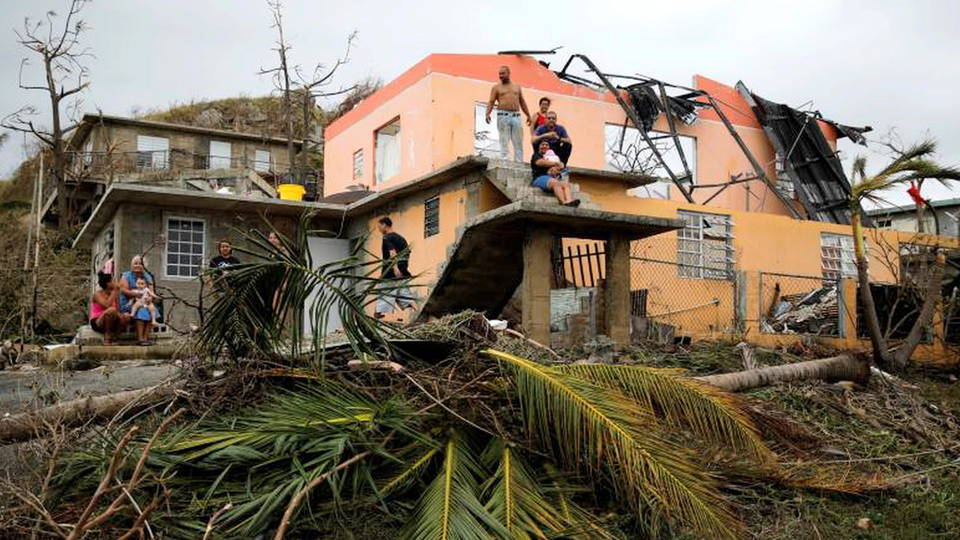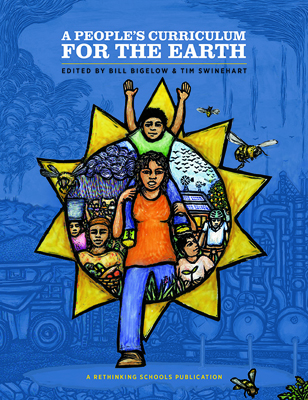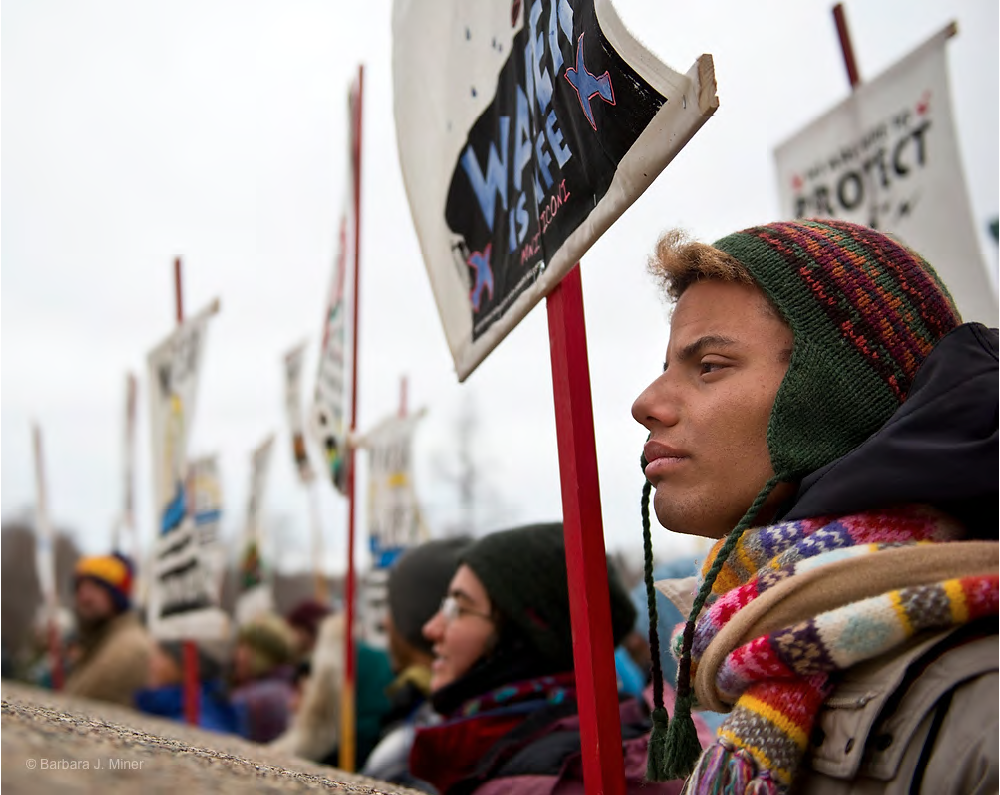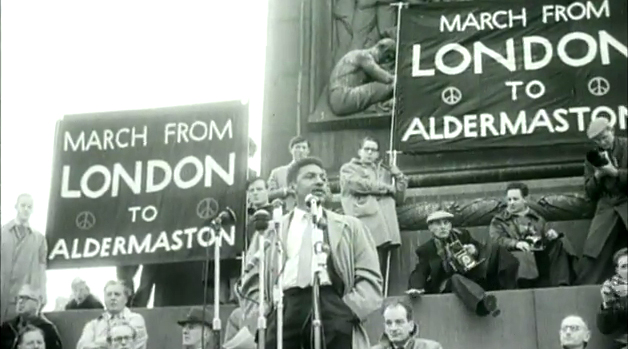The climate crisis will not announce itself with one giant catastrophic event. No. It will build, as it has this past month, with hurricanes, destroyed homes, flooding, polluted water and air, power outages, wildfires, droughts, and extreme heat. Nor will the effects of the climate crisis be distributed equally throughout the world.
Witness Puerto Rico. With a poverty rate twice that of the poorest U.S. state, Puerto Rico was hit by not one, but two hurricanes within weeks. The first knocked out power. The second has led to desperation, with almost three and a half million people lacking adequate food and water. As scholar Yarimar Bonilla told Amy Goodman on Democracy Now!, the devastation “just challenges the imagination.”
And yet those who cause and profit from crisis — the owning classes of the wealthy countries, like ours — are comfortably shielded from its effects.
Silence is complicity. Our classrooms need to be laboratories for justice. The Zinn Education Project is committed to support teachers who seek to equip students to understand the roots of these crises — and discuss how we can respond to them.
|
Climate Crisis: Floods, Droughts, and Wildfires
|
|
Image:Democracy Now!
Changing the Climate in School
By Bill McKibben and Bill Bigelow
The enormity of the climate crisis demands that educators, scientists, environmental activists, parents, and students join together to pull down the barriers between disciplines, and to rethink the curriculum. The cost of continuing with business as usual is too steep.
|
|
A People’s Curriculum for the Earth: Teaching Climate Change and the Environmental Crisis
Articles, student readings, and teaching activities to understand environmental problems and imagine solutions.
|










Twitter
Google plus
LinkedIn